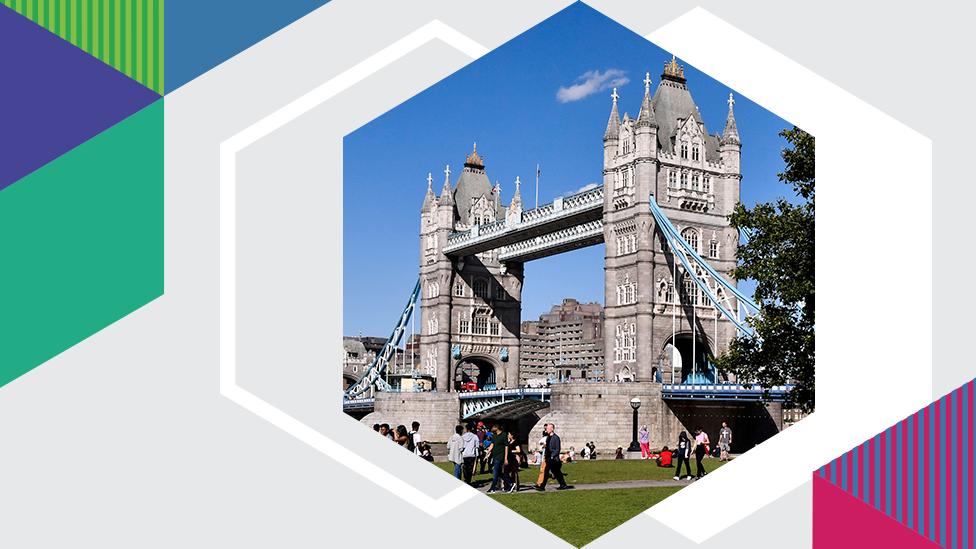Night-time economy in alarming state - association
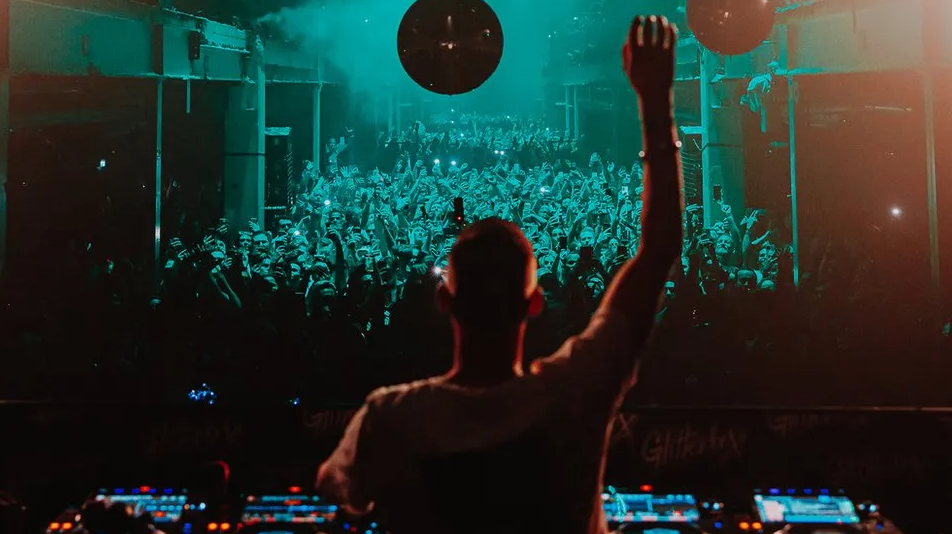
A number of nightclubs and music venues in the capital have closed since the pandemic
- Published
London's night-time economy businesses are "experiencing closures and revenue losses at an alarming rate", according to the Night Time Industries Association (NTIA).
Data shows that between March 2020 and December 2023, a total of 3,011 night economy businesses closed in London and its surrounding boroughs - the steepest fall for any English region.
In London specifically, 1,165 businesses were lost in the same time period.
Michael Kill, the trade body’s chief executive, said the statistics "reflect the crisis gripping our sector".
The aftermath of the pandemic and the cost-of-living crisis has seen costs rise and footfall drop.
So what are London's mayoral candidates offering to help support the night-time economy?
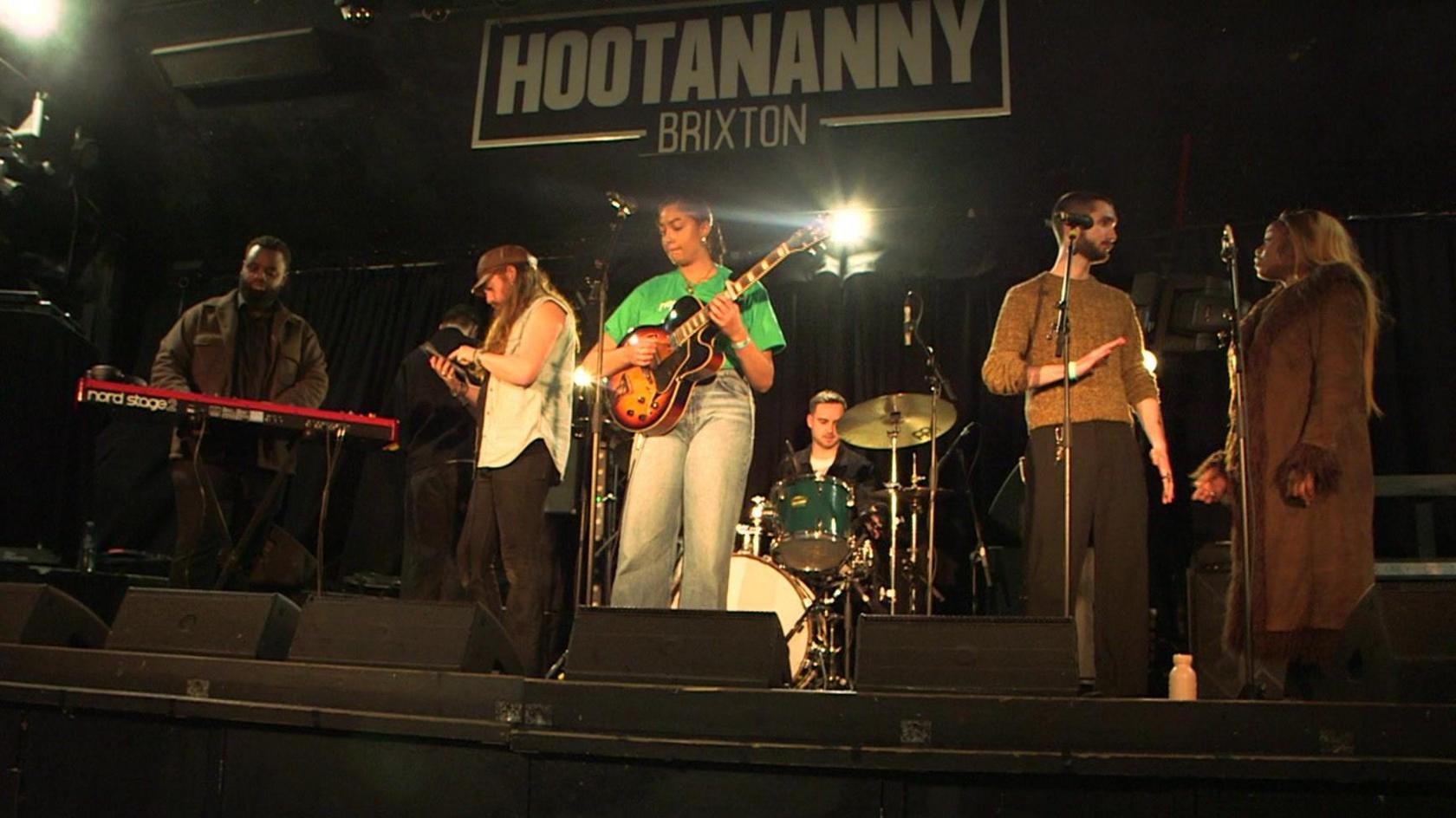
Hootananny is a live music venue in Brixton
In south London, Max Golfar, head of music at Hootananny Brixton, told the BBC that costs in all areas have gone up and "there's only so much we can add to ticket and drink prices".
He has noticed a decline in the number of people attending the live music venue, and even when they are busy "people are spending less because they have less in their pockets".
Hammant Patel Villaby has run The Courtesan restaurant for 12 years, also in Brixton. He says the picture for his business is similarly bleak.
"We are feeling the repercussions of everything now - it feels like we are in a ship that's really rocking and we can't seem to stabilise it," he said.
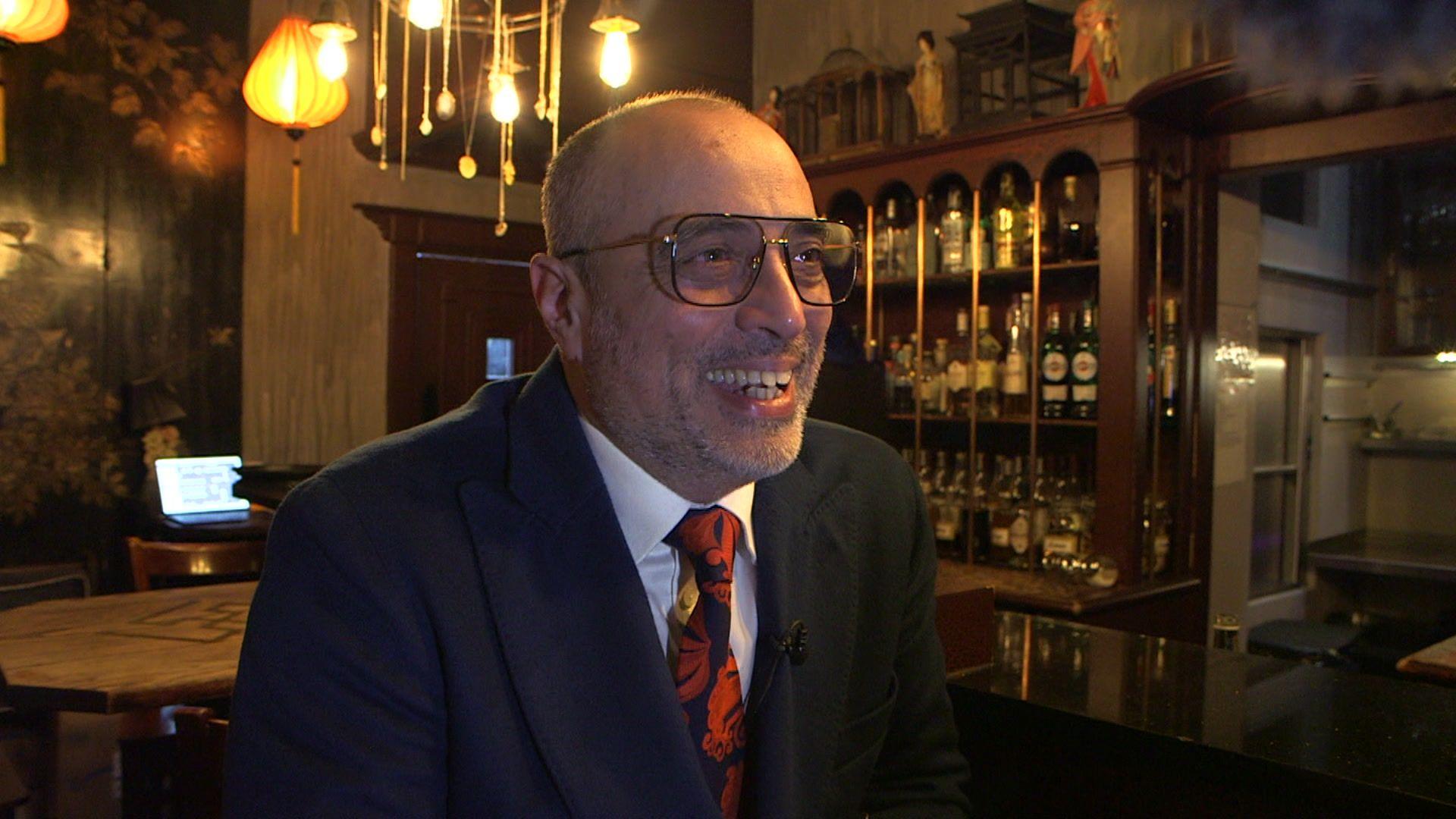
Hammant Patel Villa has been running his restaurant in Brixton for the past 12 years
"If you look around you just see rows of shutters and for people coming here they just see closure, not a space for them to come and enjoy themselves," he added.
Both businesses are calling on the government and mayor of London to do more to help them.
Specifically, they want a reduction in the 20% VAT rate and for business rates to continue to be reduced.
How will the mayoral candidates improve London nightlife?
Liberal Democrat candidate Rob Blackie says he will launch a consultative review of the night-time economy and London's hospitality and events industry. He will also trial a hail-and-ride scheme for buses after 10pm on routes with no Night Tube
Green Party candidate Zoe Garbett says she will put a levy on ticket profits of the largest venues to help support grassroots ones. She wants big new developments to set space aside for community arts and culture
Susan Hall, the Conservative candidate, has pledged to bring in a 24-hour London strategy that includes extending the Night Tube "to make it easier and safer for people to enjoy the city's night scene"
Labour candidate Sadiq Khan says he will create a new London Nightlife Fund to support businesses and will convene a taskforce to examine and address night-time hospitality and culture
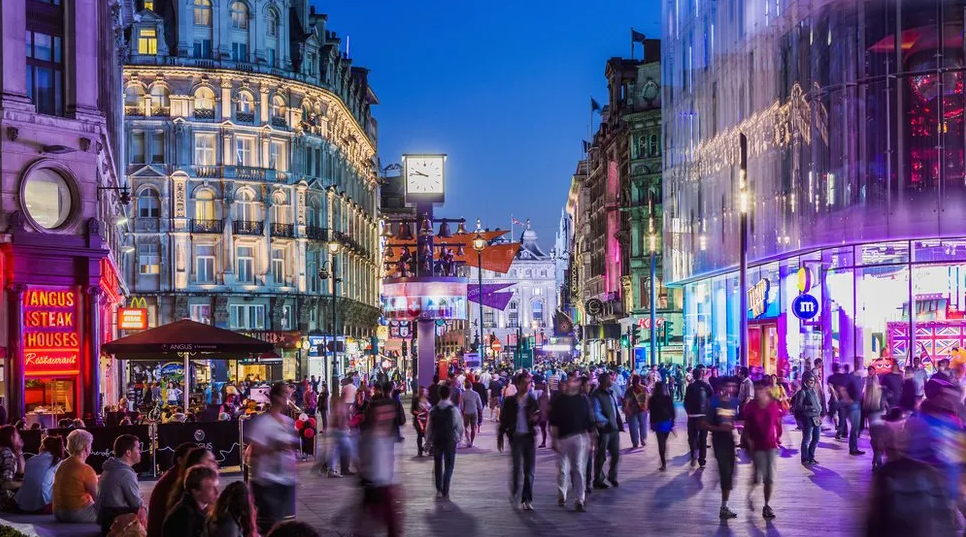
Mayoral candidates have pledged to improve London nightlife
Since 2016, London has had a night czar in charge of promoting the capital's night-time economy.
Amy Lamé was appointed by Sadiq Khan and earns a salary of almost £117,000.
She recently told the BBC she was focused on helping venues not just to survive, but thrive, and said she had done that by building relationships with boroughs, to improve women's safety and focus on better planning.
However, critics of the night czar say she has not done enough to support businesses at risk of closing because of rising costs and declining numbers of punters.
More on the London mayor elections
- Published2 April 2024
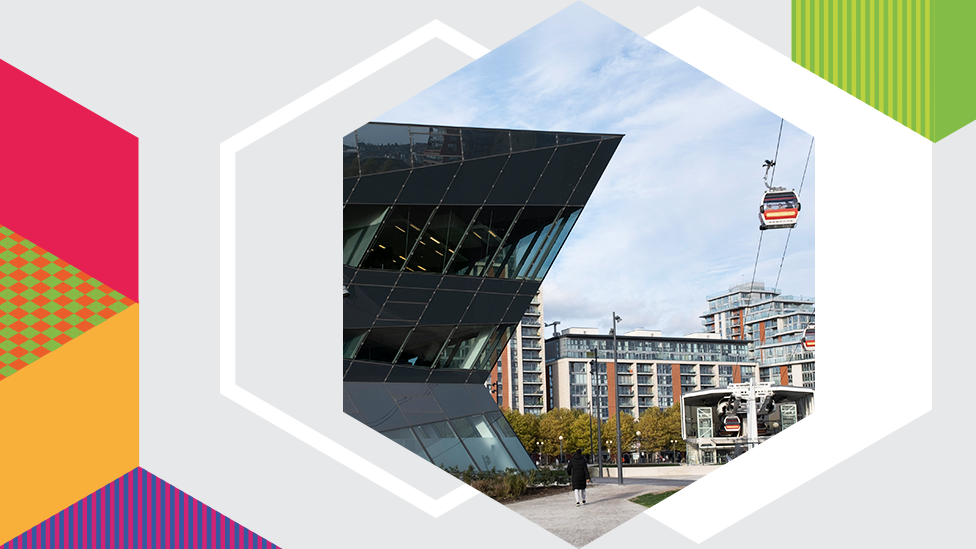
- Published25 April 2024
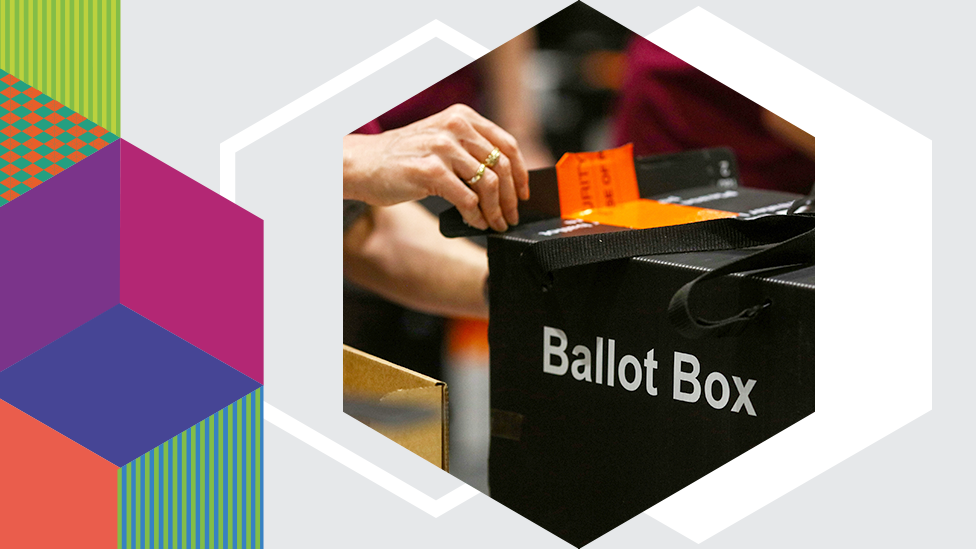
- Published16 April 2024
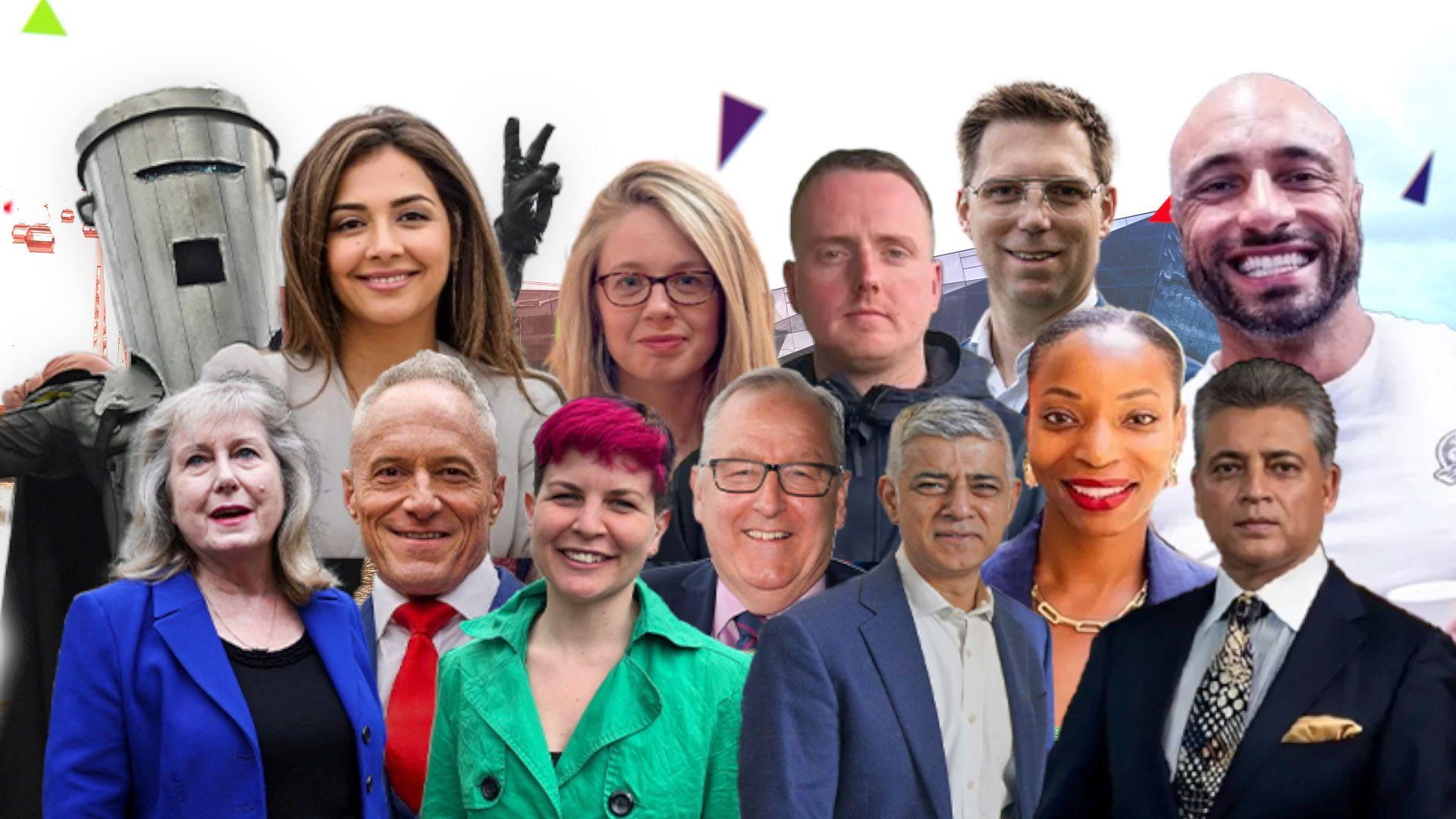
- Published21 March 2024
